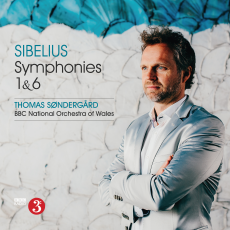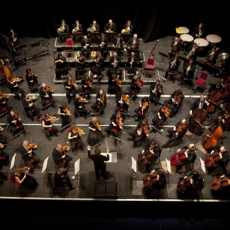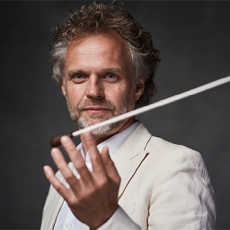Thomas Sondergard - Sibelius: Symphonies 1 & 6 - Hi-Fi+
Recording: 8/10
Music: 8/10
Sibelius enthusiasts are a fractious lot, each with their own idea of the perfect interpretation of the Finn's work. Even a fine recording like this only serves to stoke the fires. At a little over 38 minutes long, Sondergard's interpretation of Sibelius' first symphony is about on the mark, overlooking - as most modern conductors do - the original metronome marks in the first movement. Here, he manages to bring out the dynamism of the first and third movements, the introspection of the second, and the sheer vigour of the fourth well, with a fine sense of balance. There are other interpretations that shine brighter in one movement, but few that keep all four in check. From an audio perspective, the interplay between clarinet and timpani in the first movement is handled brilliantly, and is a fine workout for your system's dynamic range. Moving to the sixth symphony (dubbed the 'Cinderella' symphony, because it is not as well known as it should be) is closer to a fantasia or even a tone poem writ large. And it's the transition between first and sixth symphonies that demonstrates why Sondergard and the BBC NOW should be considered an important voice of Sibelius; moving between the two is like moving from fire to ice, and not getting burned by one or frostbite from the other. The sixth is handled with the same sense of aplomb and balance, but balance from an entirely different pivot point, and that takes some doing. These are great recordings, and being the second recording of Sibelius symphonies from the ensemble, it seems as if a complete cycle is on the cards. If not, I can't help thinking the combination of first and sixth symphonies is not a natural one; the sixth symphony's dark, complex yet stark, modal run through the Dorian mode in D actually makes it a strange bedfellow with the first symphony, which is a more traditional work. Placing these two back-to-back is potentially asking for trouble, as the conductor may be better disposed to work with one and not the other. The strength of this Linn recording is that it works well with both, from both a recording and playing standing. The recording is expansive (although not exceptionally atmospheric in terms of the physical space in which the recording was made), extremely detailed, and very dynamic. It retains the cool, almost stark presentation needed to bring out the qualities of both symphonies, too. Sibelius is a challenge to conductor, orchestra, and recording team alike, and in this recording all have risen to the task well. This will not stop Sibelius lovers making their case for 35 other recordings, but that should not exclude this fine album from joining the Finnish canon.


